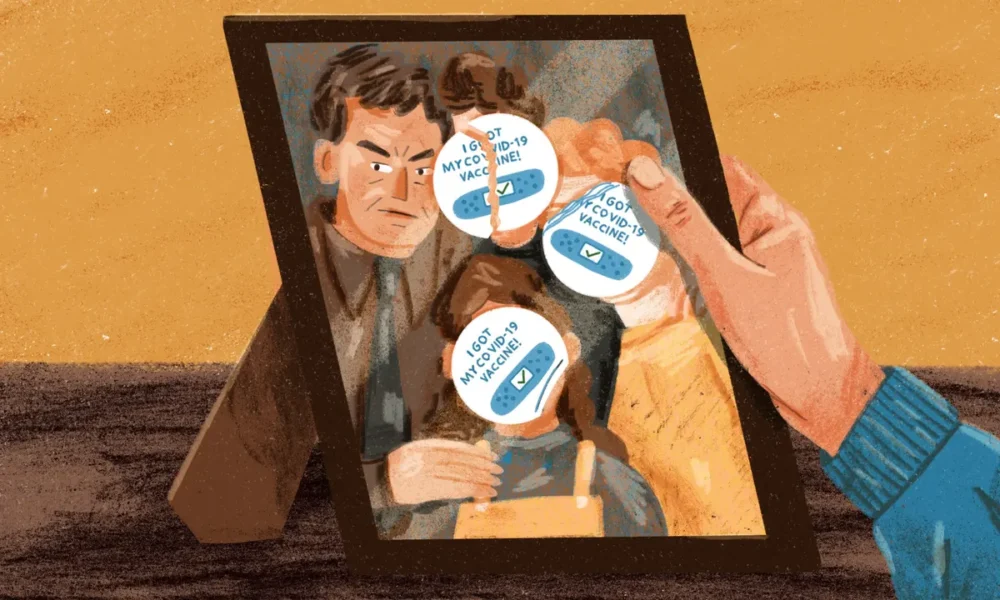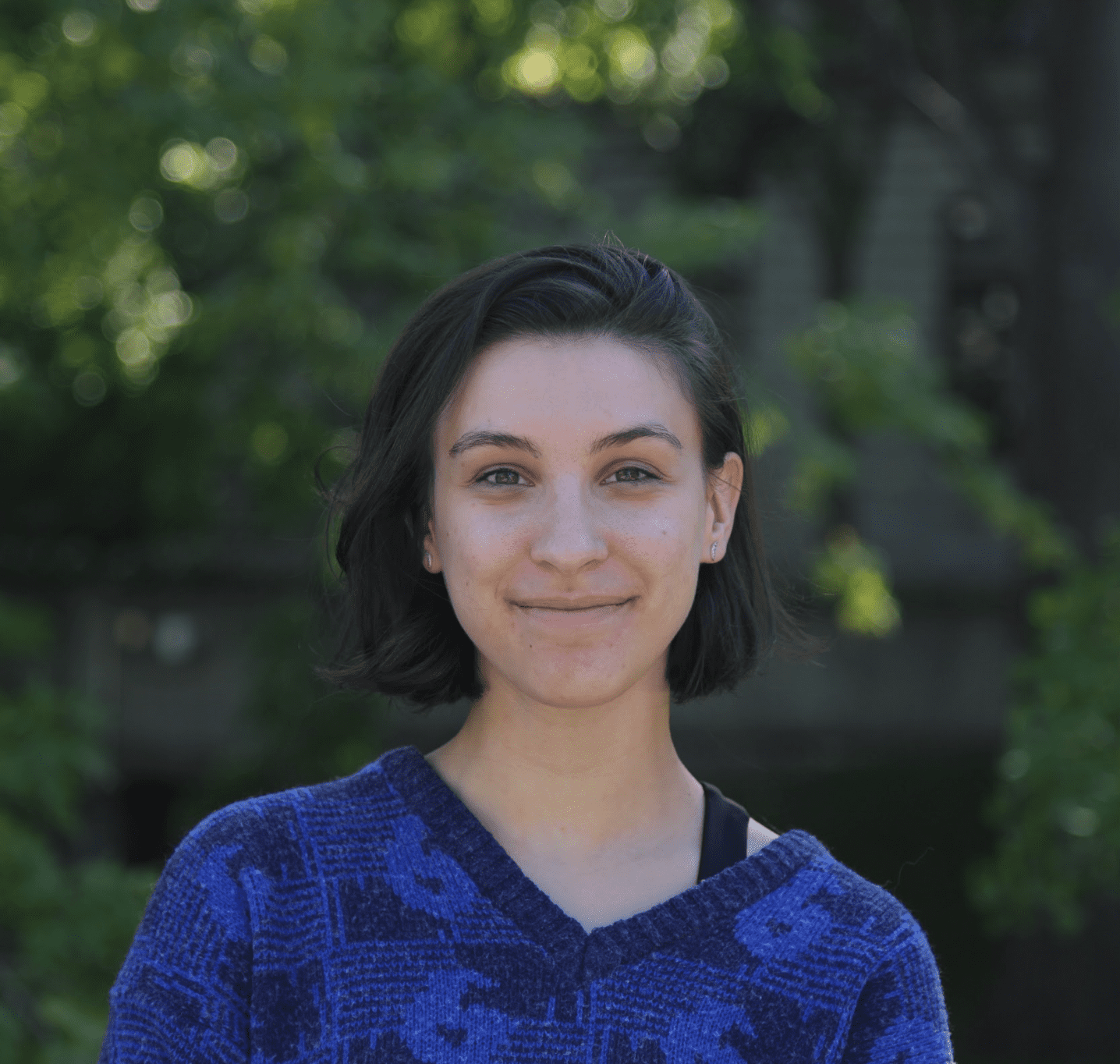At the beginning of the COVID-19 pandemic when we were all shut into our homes, washing our groceries when we got home from the store and buying every disinfectant we could get our hands on, everyone in my extended family agreed that we had to do everything necessary to keep our loved ones safe. However, as the pandemic evolved with the introduction of vaccines, vaccine passports, masking regulations, and travel restrictions, our opinions began to differ. Soon, it felt like our disagreements about COVID-19 were unwinding our once tight-knit group.
When the COVID-19 vaccine finally became available for those 18 years and older, I rushed to clicsanté.ca—the Quebec government’s online platform for booking appointments through the public health-care system—and registered to receive my first dose of the Pfizer-BioNTech vaccine.
One of my uncles and one of my aunts decided they would not be getting the vaccine. Although they decided to do so for personal reasons, they were ones that I could not understand. Although initially their decisions had little impact on me since the world was under lockdown, the introduction of vaccine passports complicated things. In October 2021, my sister turned 18 and wanted to go to a restaurant, all of which were open to fully vaccinated people. But, my unvaccinated uncle and aunt were not able to join us, and their decisions resulted in a celebration all too similar to those we had during lockdown, where those who came to the house kept their distance.
The debate was tough on my sister, and we discussed the impact that the differing opinions were having on our ability to spend time together. The issue grew from there, as my aunt and uncle became increasingly critical of vaccine passports and booster shots. When the Freedom Convoy began, my aunt agreed with its initial mission, but has stopped talking about it since it took a violent, disrespectful turn. Tensions like these have resulted in my extended family barely speaking with each other, except for sending non-political messages like “have a good day.”
My family is not the only one struggling with strain caused by differences in opinion. Multiple news sources have run stories on families disagreeing and friendships ending over standpoints on vaccination. Public safety and personal rights in the time of COVID-19 have become two of the most politicized and polarizing debates in recent years. People have been forced to confront opinions that are vastly different from their own and the way that this affects their relationships with others.
For example, some believe that the vaccine mandate imposed throughout Quebec infringes on individuals’ rights to personal liberty, as determined by section seven in the Canadian Charter of Rights and Freedoms. Despite the urge to ignore those we disagree with, navigating the cleavages that have emerged during the pandemic remains important. Ultimately, it is very likely that the pandemic will eventually end and vaccine mandate opinions will become inconsequential, and I do not want to lose my family because of this thing of the past.
The first step, from my experience, is recognizing and respecting that people will ultimately have differing opinions, whether or not they are right or based on facts and research. Disagreement can be healthy, but arguing intensely with someone has been proven to reinforce opinions, not change them.
I have also learned that empathy is key. Mending relationships goes beyond recognizing the differences that exist; it requires understanding. I know now that my aunt made her decision because she believes it is what will be best for her children. I do not agree with her, and I do not think I ever will—I believe in the science supporting vaccination—but I respect and understand that she is doing what she thinks will keep her children safe. I remind myself of this when the topic of COVID-19 comes up in casual conversation, when we actually see each other.
Going forward, treating each other with dignity must be a priority. At the end of the day, we are all trying to get through the COVID-19 pandemic and doing so united would be much better than bitter and divided.










